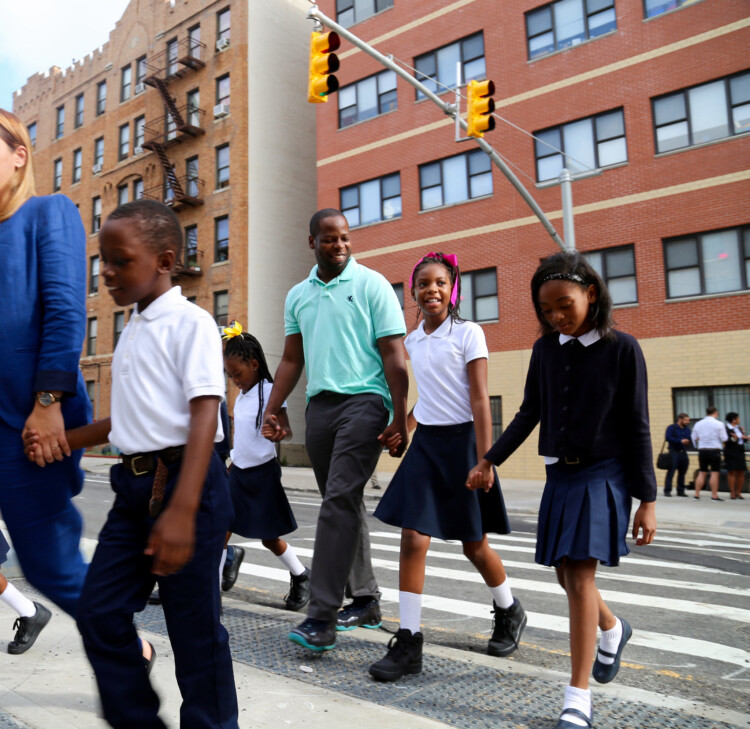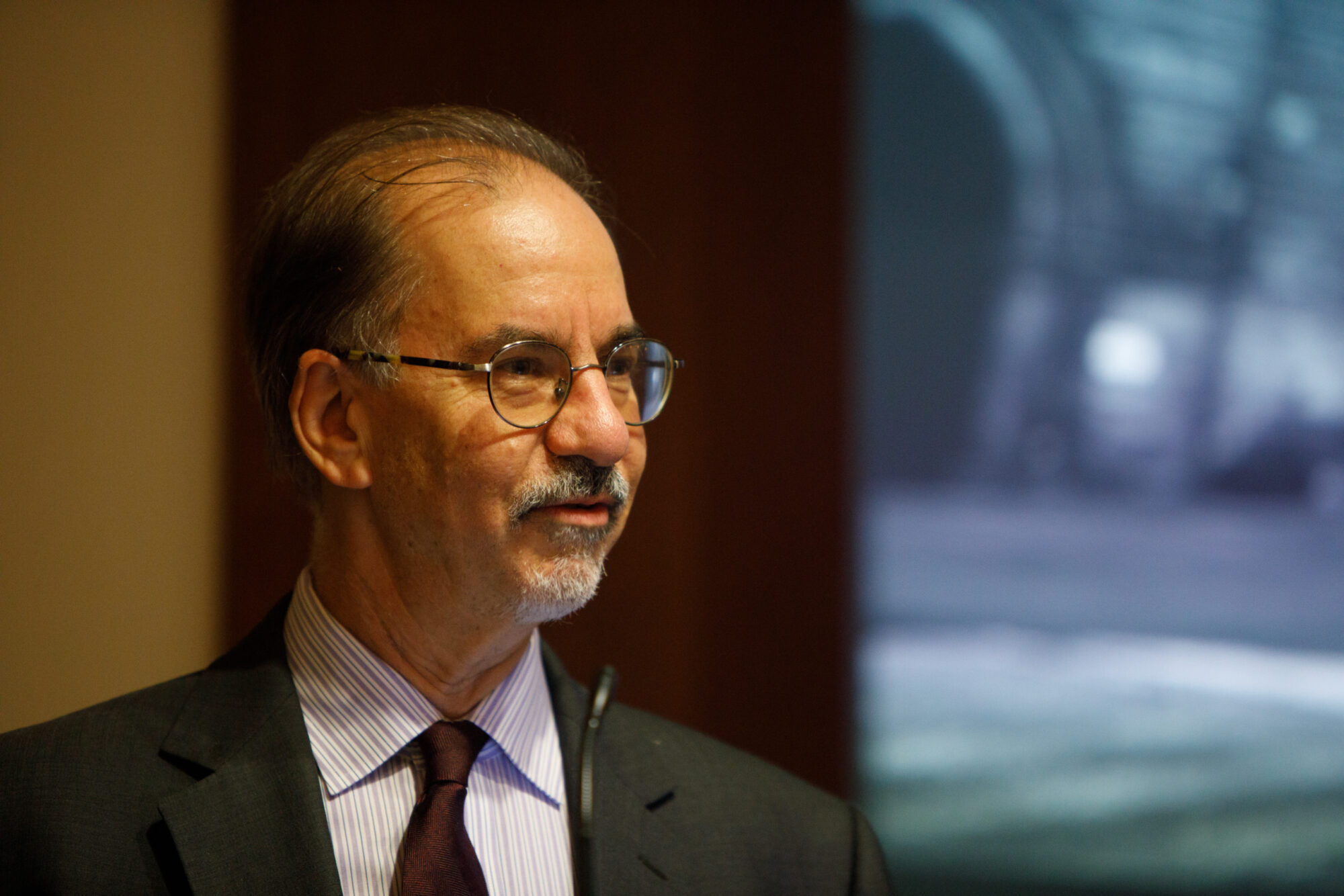Since 2014, the William T. Grant Foundation has supported research to reduce inequality in youth outcomes. Reducing racial inequality in the arenas in which young people develop, including education, justice, child welfare, housing, and others, is a major focus of our grantmaking and the research carried out by our grantees.
The Foundation’s standpoint on reducing inequality has developed over time: While we continue to call for studies of programs, policies, and practices to reduce inequality, we now spotlight the need for research to address the structural foundations of inequality and systemic racism. We have come to recognize that even as we identify effective programs that reduce inequality for participants, and even when those programs scale up to reach ever greater numbers, we will fall short of our ultimate aim of reducing inequality for young people in the U.S. unless we can disrupt the structural conditions that create inequality in the first place.
Our newest grant to advance structural change will support a project on Public Learning in a Multiracial Democracy, led by Amy Stuart Wells of Teachers College, Columbia University, and Janelle Scott of the University of California, Berkeley. This project will synthesize four research literatures that offer evidence about the centrality of race and culture to students’ learning and social development, and the societal benefits of teaching young people about diverse perspectives. Working with policymakers, practitioners, journalists, communications experts, and other researchers, the team will develop tools and strategies to convey effective methods for public engagement around the value of teaching about race and culture. The project’s ultimate goal is to seed a social movement that counters recent hostility to antiracist education and instead provides support for a multi-racial democracy.
…we hope to help change the environment for antiracist education to foster greater understanding of the importance of teaching about race and racism.
Both the devastating COVID-19 pandemic and high-profile instances of police violence against Black men and women have sharpened national awareness of the pervasiveness of racial inequality. School systems, businesses, and local governments have been among the leaders in responding to anti-Black racism in this time. Yet, as has often occurred in the history of race relations in the U.S., no sooner have measures been put into place to combat racism that a backlash occurs against those measures as persons in positions of power and privilege fear losing their advantages. Such a reaction is especially evident in the education arena: Since January 2021, 42 states have proposed new laws or policies on how race can be taught in schools, and 18 states have enacted such provisions. In addition, 10 states have enacted laws to regulate how race is taught in public higher education. These provisions seek to block instruction that offers critical accounts of American history, prohibit teaching about inherent racial biases in American institutions, suppress knowledge that individuals may be privileged or oppressed on account of their racial background, and avoid topics that might make students feel uncomfortable on account of their racial identity. The latest example: Just last month, the state of Florida prohibited schools from offering a proposed Advanced Placement course in African American studies.
These provisions are deeply problematic and particularly concerning for a Foundation focused on reducing racial inequality in education and other arenas of youth development. The studies we support include research on reparations to Black American descendants of slavery with a K-12 outreach component; training youth mentors in cultural humility and social justice; elevating teachers’ race-related knowledge and competencies; advancing students’ critical consciousness and civic engagement; sensitizing White bystanders to oppose acts of racism; and others along these lines. These studies succeeded in our rigorous competition for research funding because they offer pathways toward reducing inequality in education outcomes. Yet polarization around antiracism in schools has created challenges that, at best, require careful navigation, and, at worst, may prevent the studies from moving forward.
In supporting Public Learning in a Multiracial Democracy, we hope to help change the environment for antiracist education to foster greater understanding of the importance of teaching about race and racism. Research has a critical role to play in challenging damaging narratives and establishing different perspectives, and we are proud to support Professors Wells and Scott in their laudable effort.







